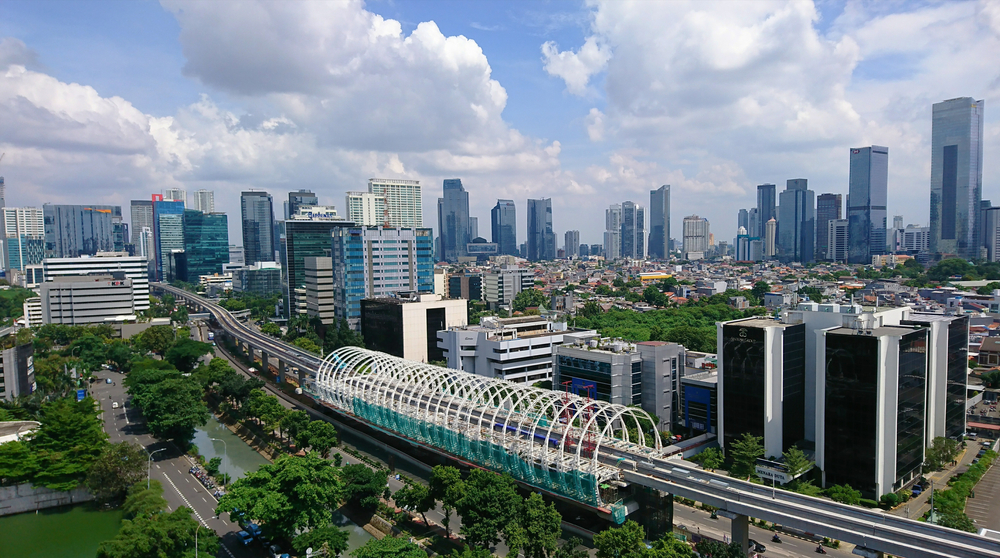Cloud computing may add $10.7 billion to Indonesia’s GDP
The APAC cloud computing market is expected to grow the fastest during this period, with a forecasted CAGR of 18 percent
According to Fact.MR, the global cloud computing market is projected to reach a valuation of USD1.95 trillion by 2032. The APAC market is expected to grow the fastest during this period, with a forecasted CAGR of 18 percent.
The market intelligence firm suggests that the expected CAGR for the market between 2022 and 2032 is 15 percent. This will be attributed to the digitisation of workplaces and the influx in demand for SaaS applications. From 2015 to 2021, there was a 12 percent CAGR on cloud-based services. This rapidly increased by the end as enterprises enforced work-from-home policies due to COVID-19.
The Impact of Cloud Computing on the Indonesian Economy, a study conducted by PricewaterhouseCoopers (PwC) revealed that if Indonesia implemented cloud computing, it might add USD10.7 billion to its GDP between 2021 and 2025.
Digital technologies — AI, blockchain, cloud computing, and IoT — have triggered the era of transformation among businesses and the government.
On 15 February, PwC Indonesia environmental, social, governance (ESG), government and infrastructure adviser Julian Smith said, “Cloud computing plays an important role in generating economic value and can have a positive environmental impact by reducing the need to travel.”
According to the study, 89 percent of small- and medium-sized businesses (SMEs) already use cloud computing, and their revenue has increased by 20 percent or more. Eighty percent of large enterprises surveyed said they were already using cloud computing. About one-third of them claimed that cloud computing has enabled them to save 40 percent on costs.
Digital government transformation, which encompasses boosting transparency, accessibility, accountability, responsiveness, and applying citizen-centric initiatives, could be a feasible alternative approach to recovering public trust and addressing rising public demand.
More: Indonesia uses green economy to create jobs
In February, OpenGov Asia reported that digital technology has the potential to create new jobs for 20 to 45 million workers in Indonesia. The country has become one of the fastest-growing digital economies in Southeast Asia due to the rapid rise in the Internet-using population. Adults who have access to the Internet have climbed by more than thrice, from 13 percent in 2011 to 51 percent in 2019.
Over the past three years, global cloud computing businesses such as Amazon Web Services (AWS) and Google Cloud have all launched a local cloud region in Indonesia.
The Property Report editors wrote this article. For more information, email: [email protected].
Recommended
Dewan Architects’ Mohammed Adib leads with human-centred design and technological innovation in the Middle East and beyond
Mohammed Adib channels his childhood curiosity and dislike for design uniformity into his work at Dewan Architects + Engineers
UAE real estate shifts focus to sustainability and quality, revitalising iconic projects
The UAE has risen from its challenges to emerge as a more sustainable, quality-focused destination
Exploring A Life By Design’s maximalist approach to interior design
Andrea Savage is embracing the maximalist trend with bold and vibrant interior designs
Jakarta’s emerging innovation hub integrates tech and healthcare sectors
The Digital Hub in BSD City is being positioned as Indonesia’s counterpart to Silicon Valley







